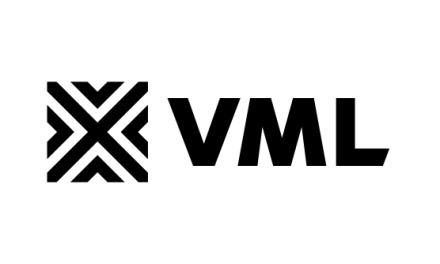

The world is facing increasingly serious environmental challenges. To minimise the consequences of climate change, loss of biodiversity and ecosystem degradation, we all need to take sustainable actions. This applies to us as individuals, but also organisations across all sectors, who will need to employ and develop people with green skills to drive their sustainable practices.
However, the specialisations related to ESG are still new in the global labour market. Identifying and sourcing candidates with the right green skills can be a challenge. Some employers struggle to define what green skills actually are or which ones their organisation needs. Should they look for experienced specialists or assess the abilities and aptitude of candidates? Where should they begin sourcing the right employees?
What are green jobs?
Many countries and organisations are prioritising sustainable development goals, such as those set out in the UN’s 2030 Agenda for Sustainable Development. In essence, employers require a greater focus on green jobs. These can apply to all jobs in organisations with an environmental business strategy or sustainability-related jobs in non-green organisations. Regardless of the nature of the role, advanced green skills are needed for success.
The skills to look out for
The move towards a more sustainable economy requires numerous changes in many industries. The transformative innovations will require ambassadors – employees who have the relevant knowledge, a proactive and open attitude and specialist skills. These include:
- In-depth understanding of ecology principles
A deep understanding of what ecology, environmental protection and the sustainable use of natural resources is essential. A specific skill in this area is knowledge of the life cycle of products or services and their impact on the environment.
- Technological literacy
Tech hard skills are now essential for many roles, so look for ability to use tools and technologies related to renewable energy, energy efficiency and recycling. Tech develops at a rapid pace so previous experience in technology management coupled with a proactive and curious attitude will be a big advantage.
- Analytical skills
If analytical work is going to be the focus of a particular job, so is the ability to analyse data – such as greenhouse gas emissions or energy efficiency – and translate it into actionable recommendations.
- Communication skills
Soft skills – but primarily excellent communication and negotiation skills – are also vital. Professionals in green jobs need to effectively communicate and explain sustainability data to decision-makers who may not be experts in this area, and then get buy-in for sustainable initiatives from both internal and external stakeholders.
Assessing and developing skills
To examine whether someone has what it takes to be successful in a green role, a single job interview is usually not enough. A multidimensional approach in recruitment is needed. This may include the use of green skills assessment services provided by external HR advisors. This service can include an assessment of the candidate’s knowledge and practical exercises verifying their understanding of specific technologies or processes. The next stage would include an assignment to solve a given problem – assessing a candidate’s analytical skills – or evaluate their communication skills through them explaining concepts related to sustainable development.
Testing can be conducted through tests, practical tasks, simulations, surveys, and even on-the-job observation. HR advisory providers, including Hays, also offer services focused on further development of the skills that employees already have, such as the design and execution of a tailor-made educational programme, practical workshops or online training.
Why invest in green jobs?
There are significant benefits associated with the development of green skills and green jobs. Greater business focus on sustainability will lead to new professions and jobs, and growing demand for eco-friendly products and services will stimulate the economy. Businesses with such solutions on offer will gain a competitive advantage over those that do not.
Moreover, the growing popularity of green jobs is a trend that employers can benefit from. An organisation’s dedication to sustainable growth is important in talent acquisition and retention. Sixty-one percent of candidates consider how the organisation affects the environment when applying for a job, according to stats published in the Hays Poland Salary Guide 2023.
By prioritising green skills and investing in sustainable practices, organisations can contribute to a more sustainable future while reaping the benefits of a growing green economy.


























